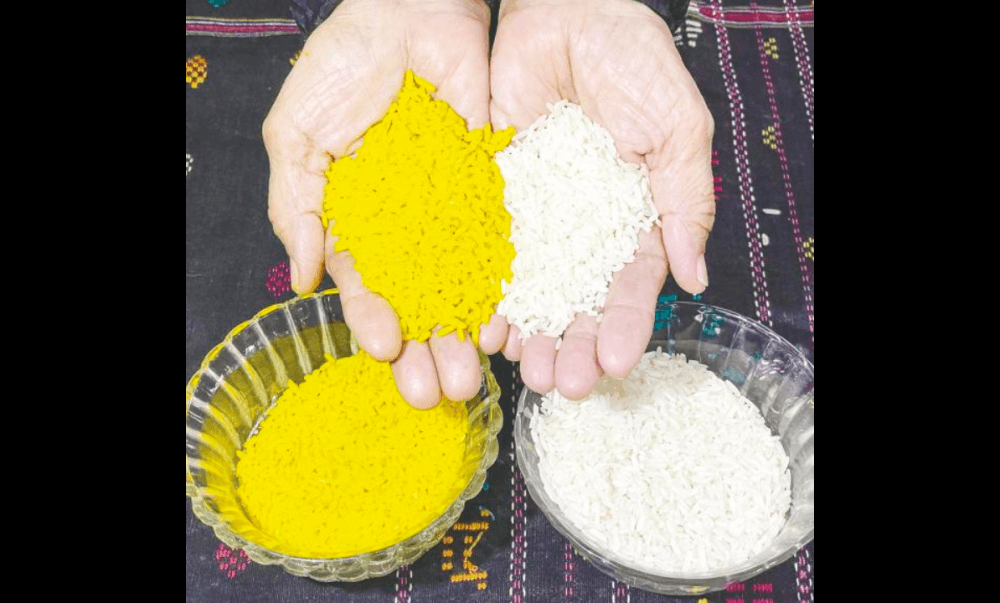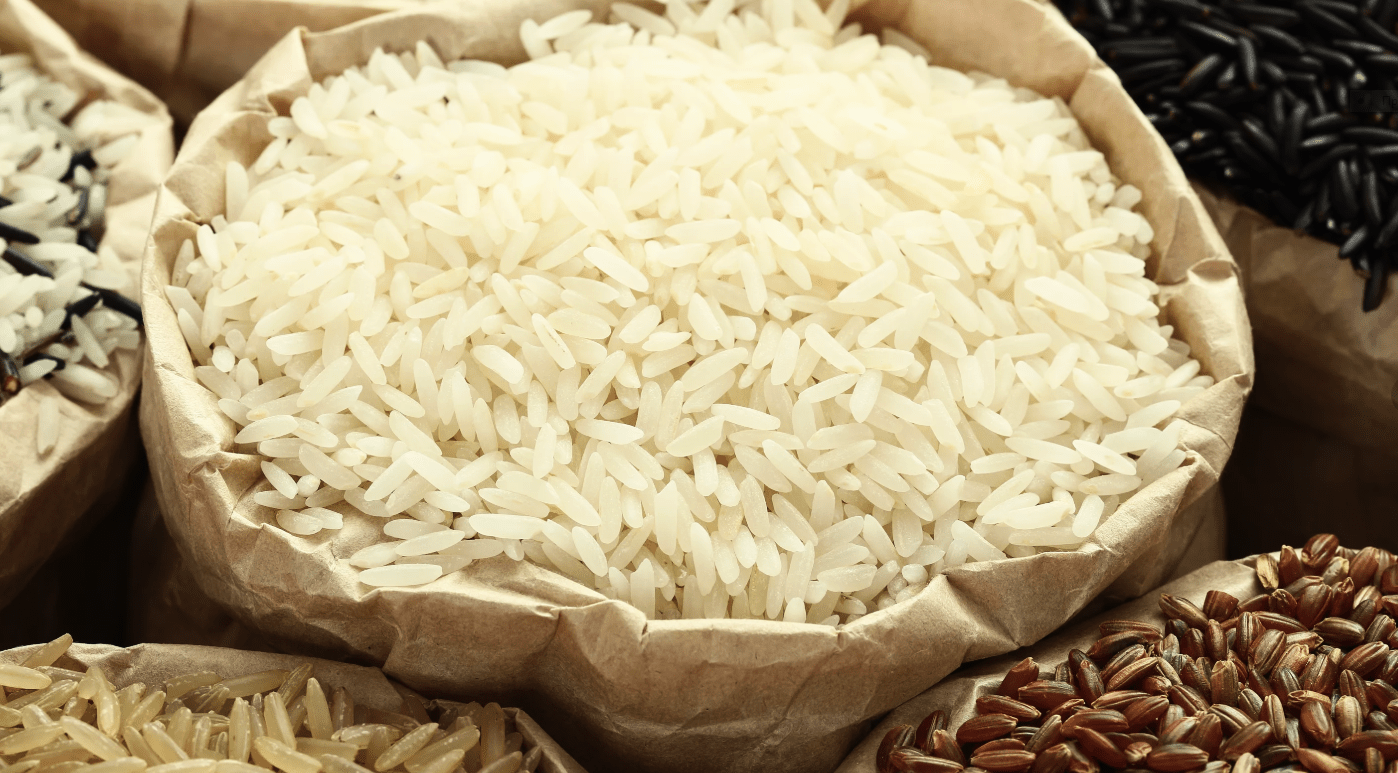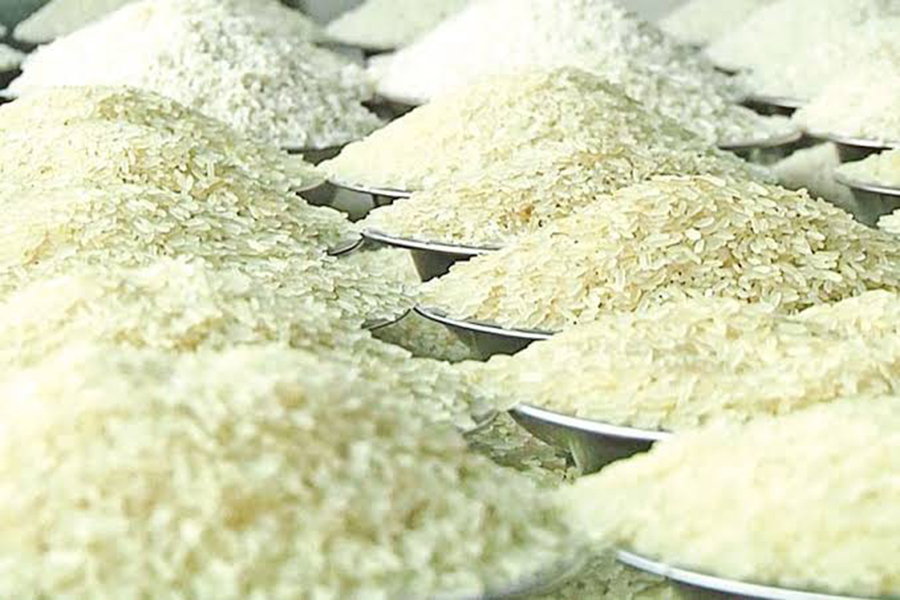Tags
No plans to grow or import golden rice, says expert
Social media bloggers claim consumption would overcome Vitamin A deficiency and reduce health risks in children
Sivanisvarry Morhan

Muhamad Shakirin said it has been 20 years since the last golden rice trials took place and its rollout in Asia was halted by protests and court rulings. – ADIB RAWI YAHYA/THESUN
PETALING JAYA: Unicef has reported 20.7% of Malaysian children under five suffered from stunting in 2019, 12.7% of five to 19-year-olds battled obesity and 11.5% were gradually growing weaker and getting emaciated.
The report revealed Vitamin A deficiency is one of the main causes for the conditions.
Some social media bloggers have urged for the import of golden rice (Oryza sativa), produced through genetic engineering to biosynthesise beta-carotene, a precursor of Vitamin A.
The consumption of golden rice would help overcome Vitamin A deficiency, that causes xerophthalmia, which is a range of eye conditions from night blindness to corneal scars, permanent blindness and the risk of mortality due to measles and diarrhoea in children.
However, other bloggers argued Malaysia does not need to grow golden rice due to the comparative progress of rice production in the country.
Universiti Malaya Institute of Biological Sciences Assoc Prof Dr Muhamad Shakirin Mispan said the country has not taken any significant steps to grow or import golden rice.
“The current rice production adequately fulfils our needs, with 73% being supplied and the rest imported. This means our country does not need Vitamin A-infused golden rice.”
He said it has been 20 years since the first golden rice trials took place. Its rollout in Asia has been halted by ongoing protests and court injunctions by anti-genetically modified organism (GMO) activists.
Muhamad Shakirin said the Philippines was the first country in the world to approve golden rice for commercial propagation.
“However in April, environmentalists convinced a Philippines court to block it, despite being approved for cultivation in 2021.”
He said Bangladesh is awaiting a biosafety review from its National Committee on Biosafety, housed within its Environment Ministry, adding that it faces regulatory inertia, with approval for golden rice pending since November 2017.
He also said there are no plans to produce golden rice in Malaysia and it will be challenging for it to be imported since the country has strict regulations concerning GMO foods.
“GMO regulations prohibit any individual from importing, preparing, selling or advertising for sale, any food or food ingredients obtained through modern biotechnology without prior approval from the deputy director general of health (Public Health).
“Green groups claim it could contaminate other crops and stringent biosafety regulations will pose a significant obstacle due to the GMO status of golden rice.
“They argue consuming genetically modified foods such as golden rice can pose unknown health risks over a long term.”
He said researchers from Universiti Kebangsaan Malaysia and the Science, Technology and Innovation Ministry conducted a study in 2021 to determine the intention of Malaysian stakeholders in purchasing high-yielding genetically modified rice.
Muhamad Shakirin said while stakeholders showed moderate enthusiasm for GMO rice, the necessity for golden rice in Malaysia is uncertain due to the availability of alternative Vitamin A sources.
“There are ongoing efforts to enhance the nutritional composition and agronomic characteristics of golden rice, but its adoption in Malaysia hinges on regulatory approvals and public acceptance,” he said, adding that studies suggest when benefits outweigh risks, acceptance tends to be positive.
He said moral concerns and religious acceptance regarding the health and environmental risks of GMO foods may vary across cultures and countries.
He also said adapting biotechnological advancements to local needs remains crucial and the country has the opportunity to prioritise enhancement and expansion of its domestic rice production capabilities.
“By investing in local rice production, Malaysia can bolster its food security, reduce dependence on imports and stimulate economic growth within the agricultural sector.”
https://thesun.my/local_news/no-plans-to-grow-or-import-golden-rice-says-expert-IA12477438Published Date: May 22, 2024






